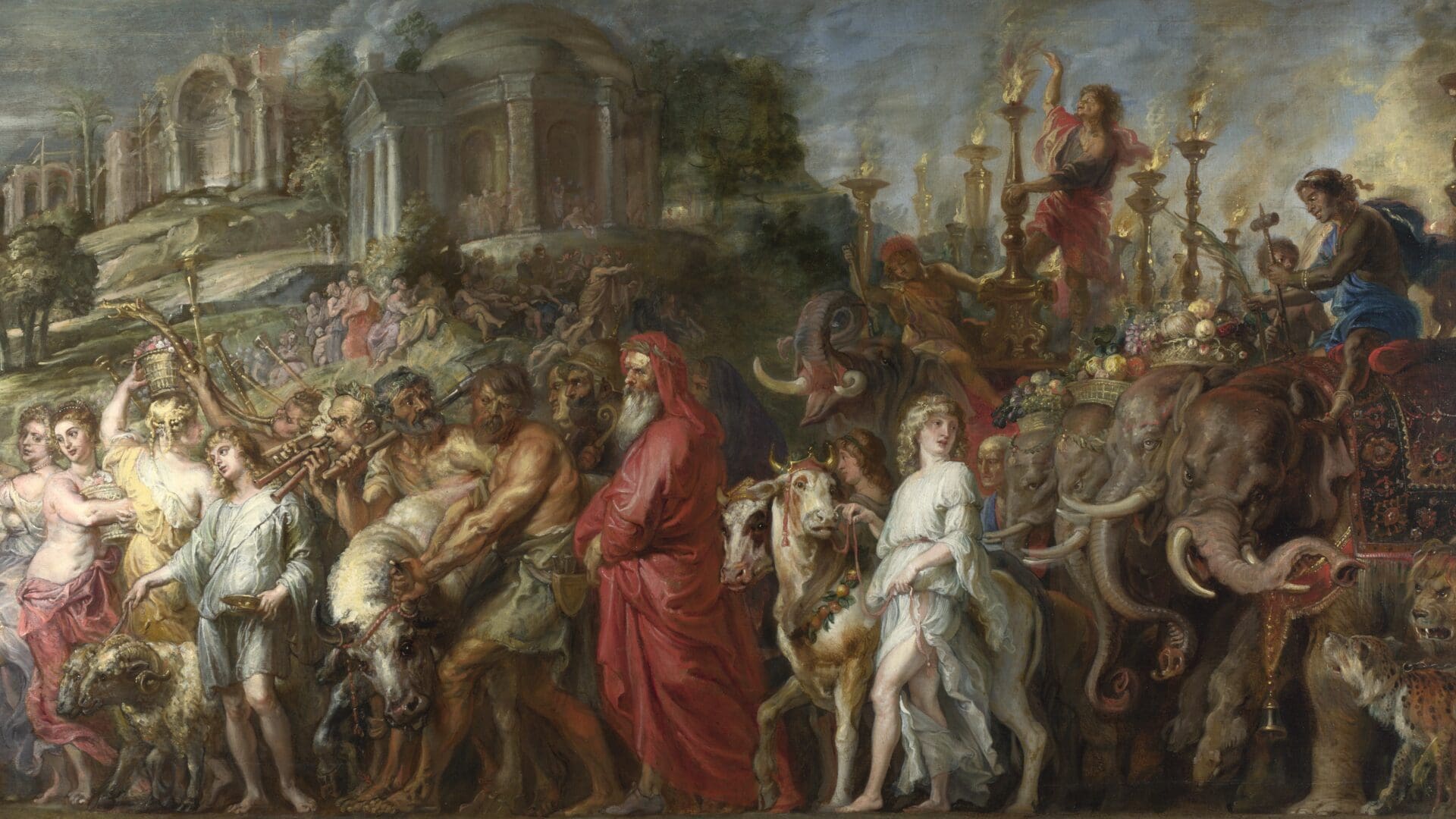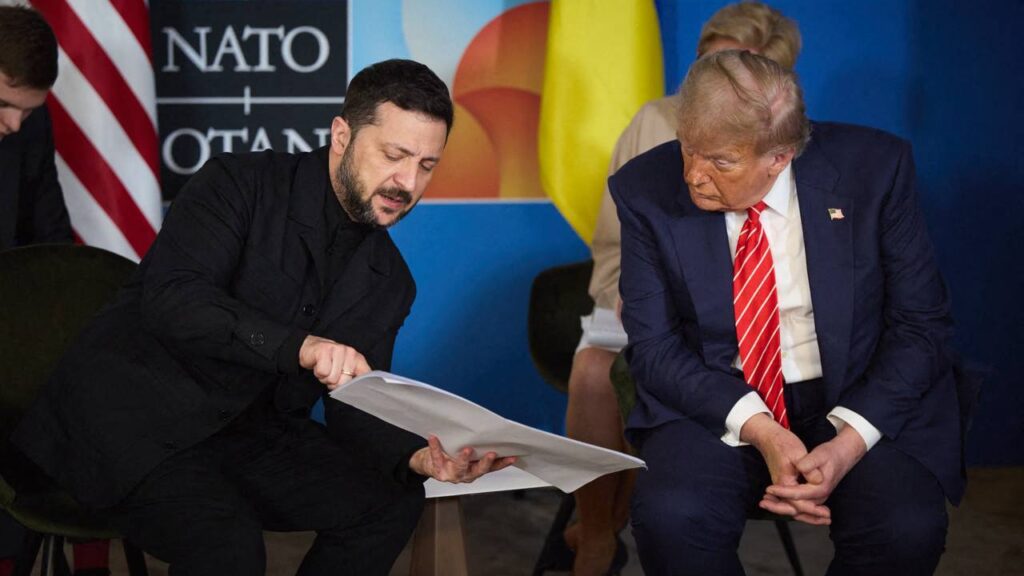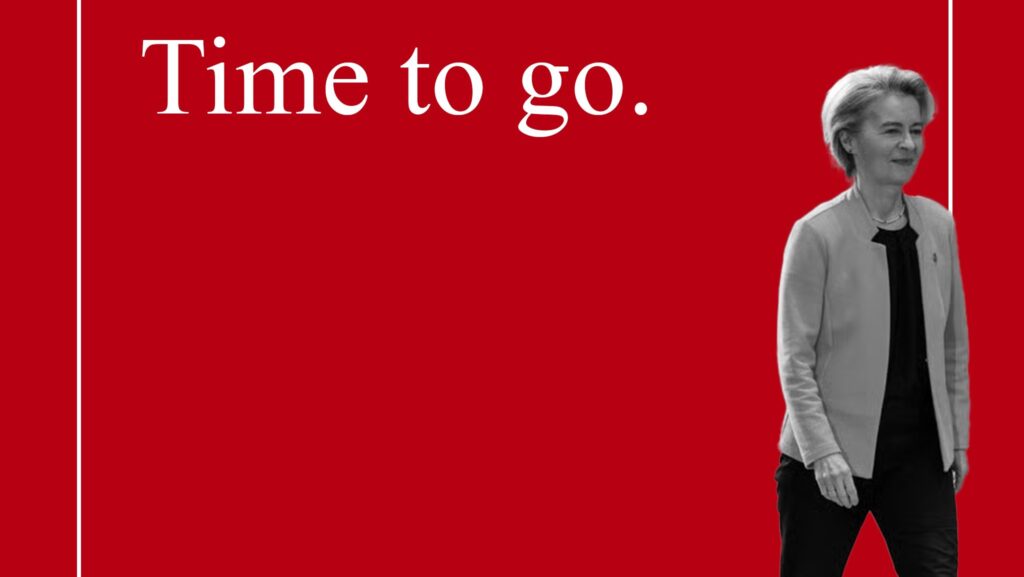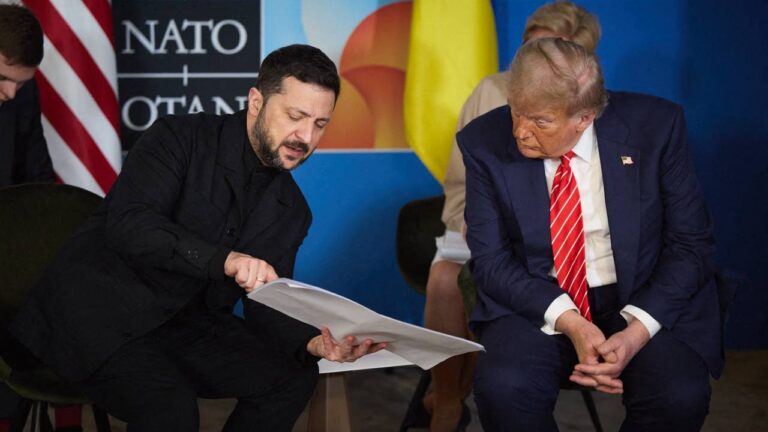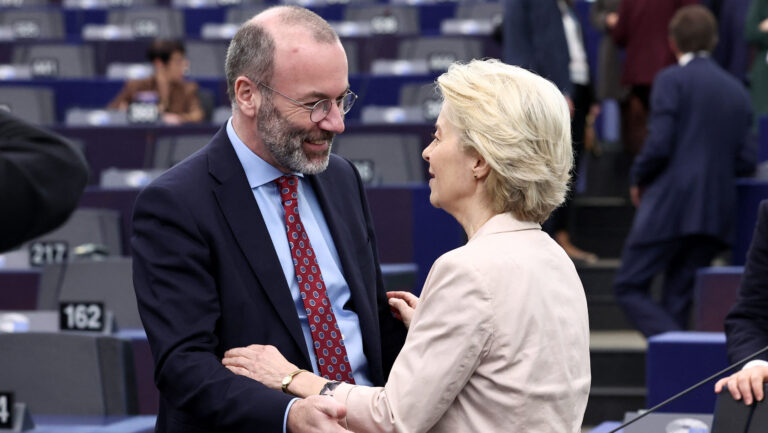A few days ago, my wife and I did what you should do sooner or later when you are in Budapest. We took the train to Szentendre and drifted through the pretty little town. In the beautiful garden of the bishop’s palace, we were met by a man in the regalia of an Orthodox clergyman, who greeted us in a friendly manner and asked where we were from. The greeting developed into a long, indeed very long conversation. Our interlocutor was a Serbian Orthodox monk, a native of the Banat who spoke six languages. He had come to Szentendre to work for the bishop of his church.
With shining eyes, he told us about the Banat and his village there. Serbs and Germans, Romanians and Hungarians had lived peacefully side by side. They respected each other, even loved each other, the monk reported. But they only married within their own group. Thus, diasporic identities remained intact for a long time, even after 1918, in the Romanian nation state. Then, under Ceaușescu, the Germans were expelled and many Serbs made off to Yugoslavia and elsewhere. Romanians moved into their houses. Even today, many Banat Swabians come to their old homeland once a year. They would then live with whoever had stayed of their old Serbian neighbours and look after the graves of their dead.
In 1860, about 400,000 Romanians, the same number of Germans and Serbs respectively, over 250,000 Hungarians and an unknown number of Jews lived in Banat under Habsburg rule. The Serbs and Romanians had risen up against Ottoman rule in the 17th century; the Germans were invited to settle there after the country became Habsburg from 1686.
Today, practically no Germans are left in the Banat. They were ‘repatriated’ and, as Germans among Germans, for a long time remained strangers in what was then West Germany. The culture of the Banat Swabians is largely history today.
Ethnic and Cultural Heterogeneity Versus Homogeneity
In a nutshell, the story of the monk contains almost everything one needs to know about empires and nation states. The Habsburgs conquered the Banat in a series of wars: empires are created through conquest. Empires do not have fixed borders, but shifting frontiers — the Habsburg Empire does not end at a clearly defined borderline, but gradually runs out into a wandering frontier of settlement and conquest. In empires, the power and intensity of governance is not equally distributed over space, but fades out towards their periphery. Accordingly, the Habsburgs saw no need to standardise and uniformise the ethnic and cultural identity of their subjects in any way. In the Banat, the different ethnic groups with their cultures, languages and confessions co-existed largely peacefully—sometimes more with, at other times rather next to each other. Hardly anybody spoke just one language: the Banat was polyglot.
Empires are perfectly able to cope with heterogeneity and diversity;
they practise, as historian Jürgen Osterhammel has put it, ‘structural tolerance’.
This should not be confused with lived tolerance—it only means that empires had no problem with cultural diversity and that they also lacked ways and means to enforce standardisation and uniformity.
The Dark Promise of the French Revolution
Typologically, the nation state is in every respect the opposite of the empire. In the monk’s narrative, it enters the stage in the person of the Communist ruler Nicolae Ceaușescu. Ceaușescu is disturbed by the mixture of peoples, cultures and identities in his state. Romania is supposed to be inhabited by Romanians. Therefore, members of other nationalities are expelled, driven out or assimilated. With a delay of almost two hundred years, a Communist dictator finally implements the dark promise of the French Revolution: ‘la nation une et indivisible’, the one and indivisible nation. Nation states have defined borders; power and intensity of governance are distributed equally across their surface, and they thrive upon cultural homogeneity. They want to be the political home of a nation, not a makeshift shack with an omnium-gatherum of lodgers.
The dark promise of the French Revolution was and is bought with hecatombs of victims. From the suppression of the Breton language and the Chouan uprisings at the end of the 18th century to the Turkish genocide of the Armenians and the horror of ethnic cleansing in the post-Yugoslav Western Balkans, emerging nation states have usually only known the language of violence against those who stood in the way of the formula of the one and indivisible nation. Even in the post-war period, pupils in Wales were physically chastised simply for speaking their parents’ language in the schoolyard. The series of atrocities in the name of nation-building knows no end, from Chechnya to Tibet to the Uyghurs.
A series of developments since the fall of the Iron Curtain, starting with the post-Yugoslav Balkan wars, have made the European public increasingly aware of the nation state’s dark side. In comparison, empires such as the Habsburg Empire or the Ottoman Empire at least appeared as the lesser evil, if not as incarnations of an almost paradisiacal peace among nations. While the Habsburg Empire was considered a ‘prison of nations’ by many contemporaries, it has been transfigured into an ideal multicultural state in recent years.
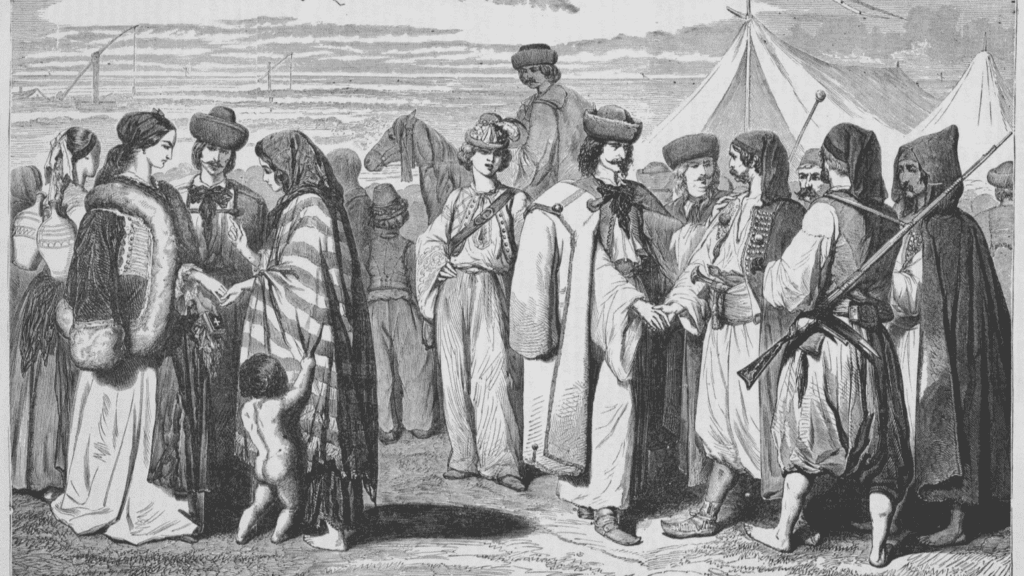
The Weakness of Empires
There is no doubt that empires have their strengths and advantages over nation states. In areas of the world with a high degree of ethnic, cultural, linguistic and religious fragmentation, they succeed relatively easily in ensuring social peace. In the Habsburg Banat (and for a long time after the end of the empire), the members of different ethnic groups ‘respected’ and even ‘loved’ each other. This is a hallmark of social peace. Nationalism as the major driving force behind nation-building sows hatred in place of love and violence in place of respect. It unleashes all its disruptive energy in fragmented environments. This, too, could be seen in former Yugoslavia: the attempt to gather all members of one ethnic group in the patchwork of the Western Balkans into one state and to exclude all others from this state had no less than a genocidal effect.
But empires also have one great weakness: none of them, not the Persian and not the Roman, not the Caliphate and not the Holy Empire, not the Habsburgs and not Constantinople, ever produced a democratic public. Apart from small, compact states such as the Greek polis and the Swiss Confederation, only nation states have managed this feat. This is perhaps a good reason to pause for a moment and ask whether the nation state is really a discontinued model, a two-hundred-year anomaly of world history whose clock has now run out.
So let us summarise for now: nation states have clearly defined borders. Within them, power is idealtypically distributed equally across space. And they strive for the highest possible degree of ethnic, cultural, linguistic and religious uniformity. Empires have broad frontier zones and a hierarchical centre-periphery divide. They practise structural tolerance because they have neither the will nor the means to uniformise fragmented cultural landscapes. Nation states have in the past become the homes of democratic societies with bottom-up lines of political decision-making. Empires have not. They are hierarchic and centralised by nature.
The nation state has been around for the last 250 years and, during this quarter-millennium, has shaped the face of the world.
After the two Atlantic Revolutions had let the genie out of the bottle, no part of the world could permanently escape the trend towards the nation state. The Ottoman and Habsburg Empires disintegrated, the Soviet Union created quasi-nation states in the form of Soviet republics on the soil of the collapsed Tsarist Empire, and even in the post-colonial spaces of Asia, Africa and Latin America, no one could imagine any other political home than the nation state. So powerful was the idea that societies of the distant past were included in the model of the nation state: ‘peoples’ were considered political actors in 19th century historiography, whether it was about ‘the Greeks’, ‘the Romans’ or ‘the Germans’. Today we know that in the process we call the migration of peoples, for instance, there were no ‘peoples’ migrating, but rather relatively small groups organised according to the principle of allegiance, which pulled many individuals along on a case-by-case basis. If they operated successfully, such bands of followers could solidify into tribes, later into ethnic groups, from which, as in the case of the Franks, new empires could emerge. At no time were these groups ‘nations’ in the modern sense.
Today, 250 years into this sensational success story, the nation state is under pressure from various directions: from outside and inside, from society, the economy and politics. The first challenge is that the nation state’s sovereignty competes with supra-national confederacies, of which the EU is merely the most important one. Despite the myth that 75 per cent of all national laws are based on directives from Brussels being fake news planted by Brexiteers around Nigel Farage, the German government calculates that a substantive proportion, 36 per cent, of national legislation is nothing more than the implementation of EU law into national law. In many areas, such as customs duties, the nation states have long since completely ceded their sovereignty to the European Union. When it comes to immigration and asylum, energy and economic issues, human rights and social security systems, national and EU law intertwine in a complicated way that is difficult for non-experts to decipher. This is an observation, not criticism.
There are further challenges. One is cultural. Especially in Germany, but also in the Netherlands, the US and the UK,
an ever-growing guilt-complex makes self-identification with the nation, its history and symbols increasingly difficult.
In Germany, a substantial proportion of the population wants to be anything but German: they prefer to define themselves as Europeans or cosmopolitans or indeed, in some kind of neo-tribalism, as Bavarian, vegan or diverse in whatever way.
Another, and probably far more critical, challenge is economic. The globalised world is entangled to such a degree that private enterprises are multi-national by definition. Their internal lingua franca is English, their corporate culture international, and they do business from a variety of countries. Controlling a multi-national economy on a national level is a contradictio in adiectu: it won’t work, whatever you try. The smaller the countries and the more politically fragmented the environment they operate in, the better for the companies. They have the means to create favourable conditions for themselves by blackmailing national governments into doing things they otherwise would not do. The governments which are in competition with each other, bend social legislation, ignore ecological standards and make concessions when it comes to taxation.
There are two lessons from this dilemma. One: the nation state in its present form is probably obsolete. Two: further European integration is not so much the problem, but rather the answer to Europe’s problems. Leaving everything as it is or doing away with the EU are both legitimate courses of action, but they come at tremendous costs: leaving everything as it is means that the EU is both incapable of action and untransparent as well as lacking in democracy. Doing away with it means condemning Europe, combined the second largest consumer market and the third largest economy in the world, to complete political irrelevancy. The more European governments realise that they have more interests in common than there are dividing them, the better for their citizens, their countries, for Europe. That nationalism is not the answer, but the problem is a lesson the UK is currently learning the hard and Switzerland the soft way. Integration without membership is preferable to Brexit.
In what direction will the European Union evolve? As I said, so far, no multi-national confederacy has ever achieved to become the home to a fully democratic society with a fully democratic public. Several obstacles are in the way of such an achievement: in particular the evident cultural and linguistic gaps impeding trans-national communication and the development of a common understanding of the past. After all, there are 24 official languages within the EU, 42 educational systems (accounting for the hypertrophic German educational federalism) and 27 national histories and literatures. Apart from a complete meltdown of the Union, there are, as far as I can see, only two scenarios for its future: it will either evolve into a nation state of sorts, or it will become (or maybe remain) a quasi-empire – multicultural, lacking in transparency, non-democratic, top-down.
Why does my academic discipline, Ancient History, matter for the present? After all, it deals with societies which are gone for more than 1500 years. When, in 31 BC, the emperor Augustus became sole ruler of the Roman world which at the time stretched from the Atlantic Ocean to present-day Syria, Rome was a prototypical empire. It had frontiers, no borders, its power was strong in the centre and became weaker towards the periphery, and it consisted of a big pile of conquered provinces in the first place. You became a subject of Rome not because you liked to, but because Rome liked you to. The empire was polyethnic, multireligious and linguistically diverse. Many groups within the empire had their own narratives about how the world was made and how it should be ruled. They stayed loyal to Rome only because, and as long as, Rome’s soldiers kept up the Roman peace.
This situation profoundly shaped the following two centuries. By approximately AD 150, the different parts of the Roman world had not only become connected economically: grain was transported from Egypt and present-day Tunisia to Italy on a large scale, wine from Italy to Syria und Mauretania, garum, a sauce made of fermented fish, from Spain and Gaul to the rest of the Roman world, and terra sigillata, a fine tableware, even beyond the Roman frontiers, into Germany and Scandinavia. The Roman Empire was no longer a sphere of exploitation, but one of prosperity. The answer to the famous rhetorical question asked by Reg, the leader of the People’s Front of Judea in Monty Python’s Life of Brian ‘What have the Romans ever done for us?’ was for the vast majority of Roman subjects simply ‘actually, quite a lot.’
Little by little, Rome turned her conquered subjects into Romans.
‘Romanisation’ was the empire’s business secret, its arcanum imperii. Romanisation had three dimensions:
- a material one. Rome’s civilisation was superior to her neighbours’, life within the Roman frontiers was safer, wealthier and more comfortable than outside. Those who fitted fenestrae instead of “windows” into their houses and walked stratae instead of muddy roads, were easily convinced of the benefits of Roman civilization.
- a juridical one. Rome generously enfranchised non-Romans in her civic body – under the condition that they stayed loyal, learnt Latin or Greek and behaved reasonable. Roman citizenship was a major incentive for self-Romanisation.
- a symbolic one. How do people make sense of a complicated world? They tell story. The Romans – like the Greeks before them – were masters in the discipline of storytelling. Ancient mythology was a bottomless repository of meaning and hugely contributed towards a universal sense of belonging together, which, by the way, was later hijacked by early Christianity.
By the mid of the 2nd century AD, the Roman world had not become a nation state. Or better: not yet. But it had developed a strong sense of unity, had become an imagined community, if not a community of fate in its own right. It had gone down the Nation-Building Road quite some way.
What is the Future of the European Union?
Will the European Union achieve such a massive leap forward in the foreseeable future? Will it gradually evolve into a community of fate? Whether or not this is going to happen will depend on the Europeans’ ability to learn from each other and to understand each other better. This again depends on mutual knowledge: of languages, of their respective neighbours’ histories, literatures and cultures. The MCC’s German–Hungarian Institute is a catalyst of such knowledge. More mutual understanding may one day create a European public of some sort.
However, many Europeans fret about European integration. They rant about a supra-national Leviathan, a monster state intent to enslave Europe’s peoples and their cultures. They—understandably—fear that they may lose what they have achieved in generations, usually with huge sacrifices. Many Germans feel more relaxed about such a scenario. Maybe this is not only because of their history, but because of the federalist tradition of their nation. They inherently know that identity can have different layers: you can be European, German, Bavarian and even Franconian all at the same time. You can be Serbian Orthodox, a person from the Banat, Hungarian and European—without experiencing the slightest cognitive dissonance. The model of layered identity is what the monk from the Banat and the Roman Empire stand for. We can learn a great deal from both of them.

